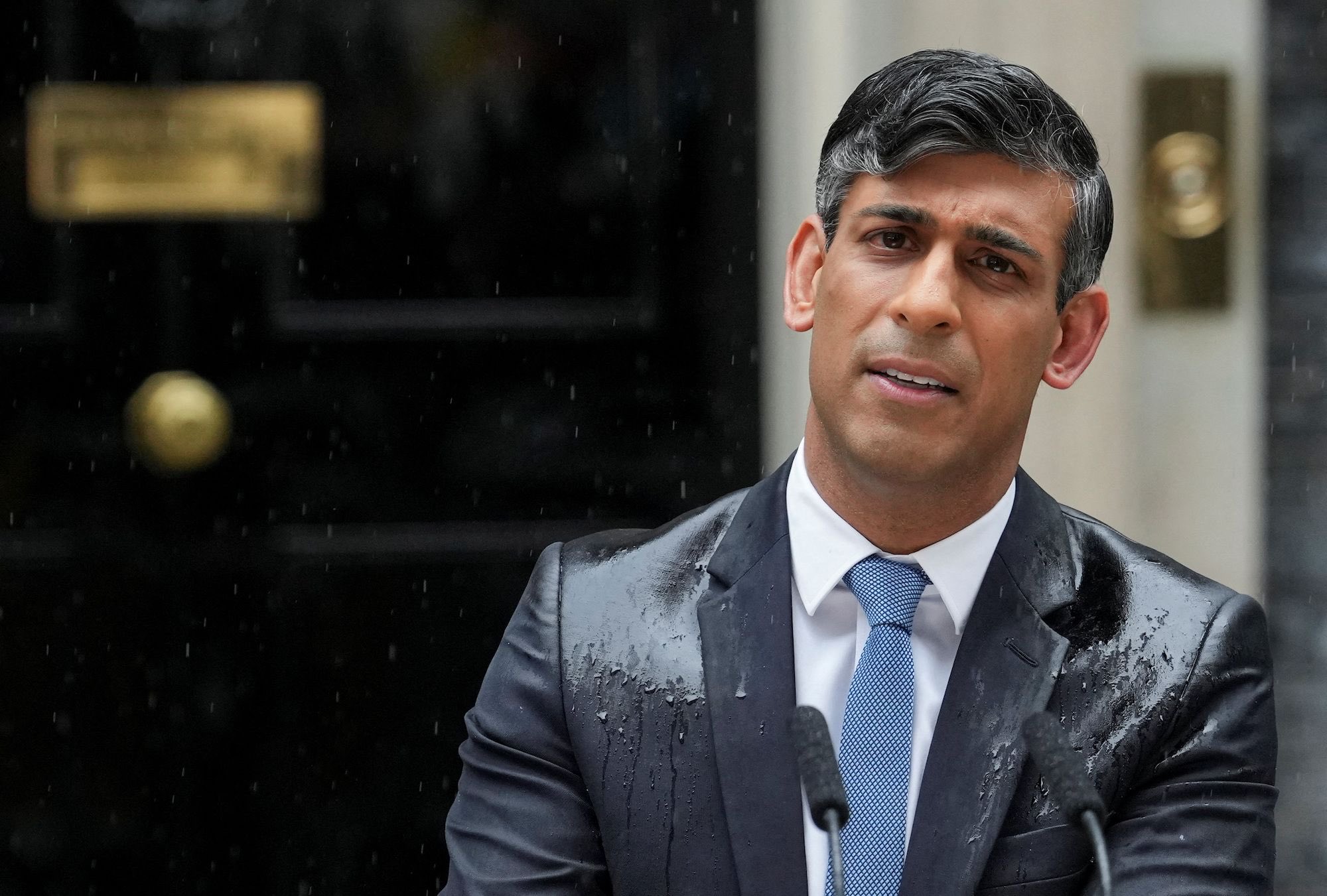
In a decisive turn of events, UK voters dealt a significant blow to Rishi Sunak’s Conservative Party in the recent general election, stripping them of nearly 250 seats in the 650-seat House of Commons. Sir Keir Starmer’s Labour Party emerged victorious, heralding a new era under his leadership. Addressing a jubilant crowd at a dawn rally in central London, Starmer proclaimed a renewal of the UK’s future.
The Conservatives’ defeat was resounding, marking their exit after 14 years in power, with losses across Wales and Scotland, and prominent leaders like former Prime Minister Liz Truss suffering defeats. Notably, Labour secured over 400 seats, its strongest showing in years, contrasting sharply with the Conservatives’ one of the worst electoral performances on record.
The election outcome reflected public concerns over issues like the NHS crisis, economic instability, rising costs of living, and immigration challenges, which eroded support for the Tories. Under Sunak’s tenure, the economy struggled with its lowest growth rates in decades, exacerbating discontent among voters.
Labour’s resurgence under Starmer’s leadership was pivotal, positioning the party center-stage with a mandate for national renewal and policy reform. Starmer’s strategy to address internal party issues and steer Labour towards the political center resonated with voters seeking stability and effective governance.
Looking ahead, Starmer emphasized the responsibility accompanying his mandate, pledging to embark on a path of change and national rejuvenation. His victory speech underscored a commitment to rebuild and unify the country, marking a new chapter in UK politics.










